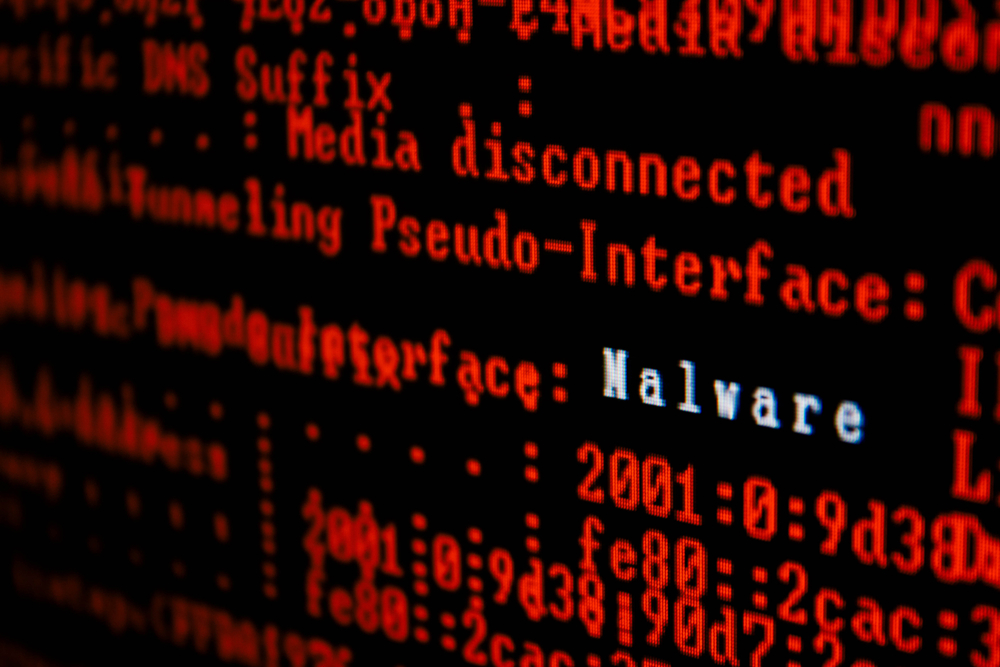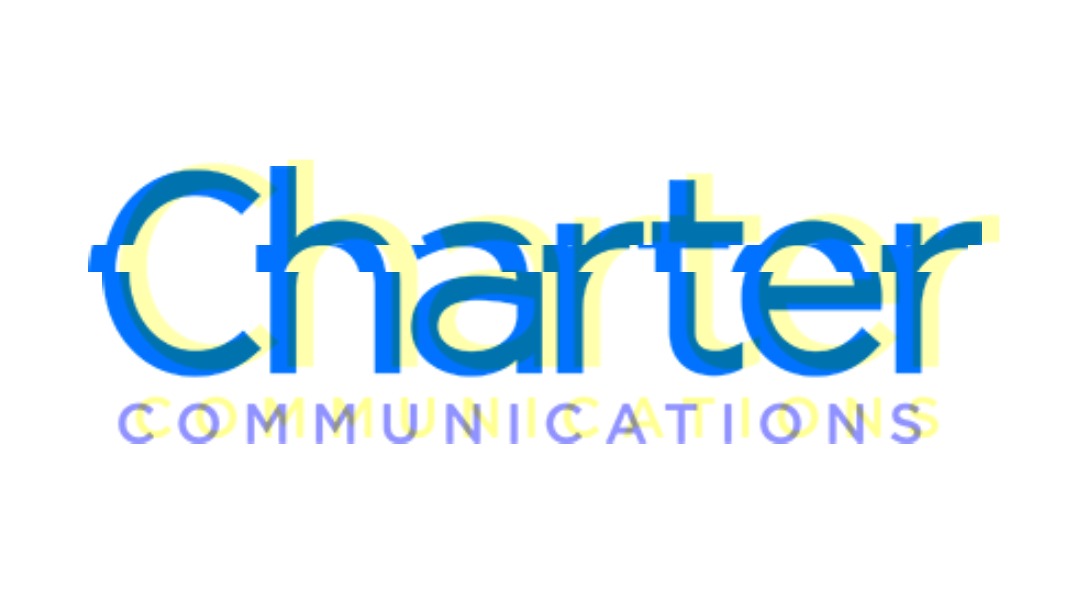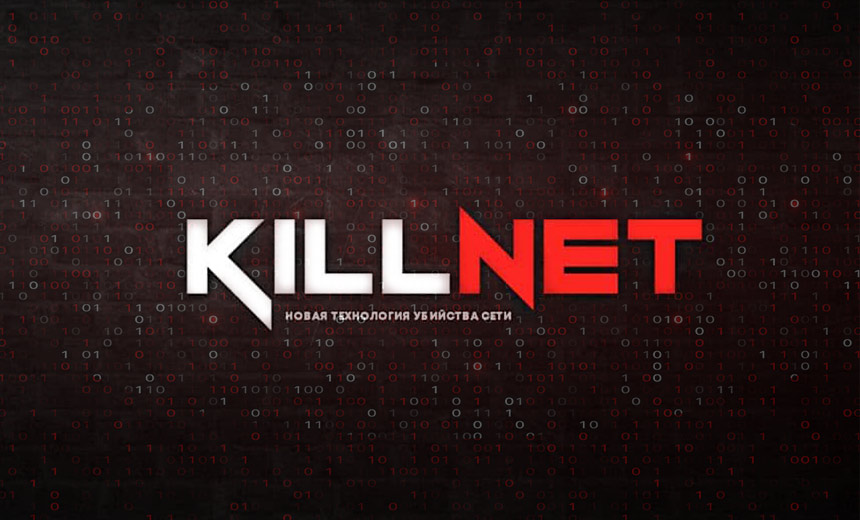A new malvertising campaign has surfaced that abuses Google Ads to target users searching for password managers and, in fact, directed them to fake sponsored websites. Previously, the FBI had warned about the explosion of such attacks that impersonated websites involved in finances and duped users into sharing their login credentials and financial data.
Given that the content is written in Spanish, this campaign targets Spanish-speaking people. It shows a blurred picture of a statement that tricks the user into clicking the “Enable Content” button for a clearer view which actually enables macros.
Atlantic General Hospital in Maryland is experiencing network disruptions and outages after a significant ransomware attack deployed this weekend, according to local news outlet WMDT47.
Guardz today emerged from stealth mode with $10 million raised in a seed funding round led by Hanaco Ventures, with additional investment from iAngels, Cyverse Capital, and GKFF Ventures.
The UNC2565 hacker group appears to have restructured its GOOTLOADER (or Gootkit) malware by adding new components and implementing new obfuscation techniques. Gootkit is used by adversaries to drop additional malicious payloads, such as SunCrypt, REvil (Sodinokibi) ransomware, Kronos trojan, and Cobalt Strike, on compromised systems.
The development team behind the open-source password management software KeePass is disputing what is described as a newly found vulnerability that allows attackers to stealthily export the entire database in plain text.
The latest funding brings the total raised by the California company to $375 million and provides a growth-mode runway for Saviynt to establish a foothold in a very competitive marketplace.
Telecommunications company Charter Communications said one of its third-party vendors suffered from a security breach after data from the company showed up on a hacking forum.
U.S. government and industry authorities are warning the healthcare sector of a surge in distributed denial-of-service attacks in recent days against hospitals and other medical entities instigated by Russian nuisance hacking group KillNet.
“The NikoWiper is based on SDelete, a command line utility from Microsoft that is used for securely deleting files,” cybersecurity company ESET revealed in its latest APT Activity Report shared with The Hacker News.









